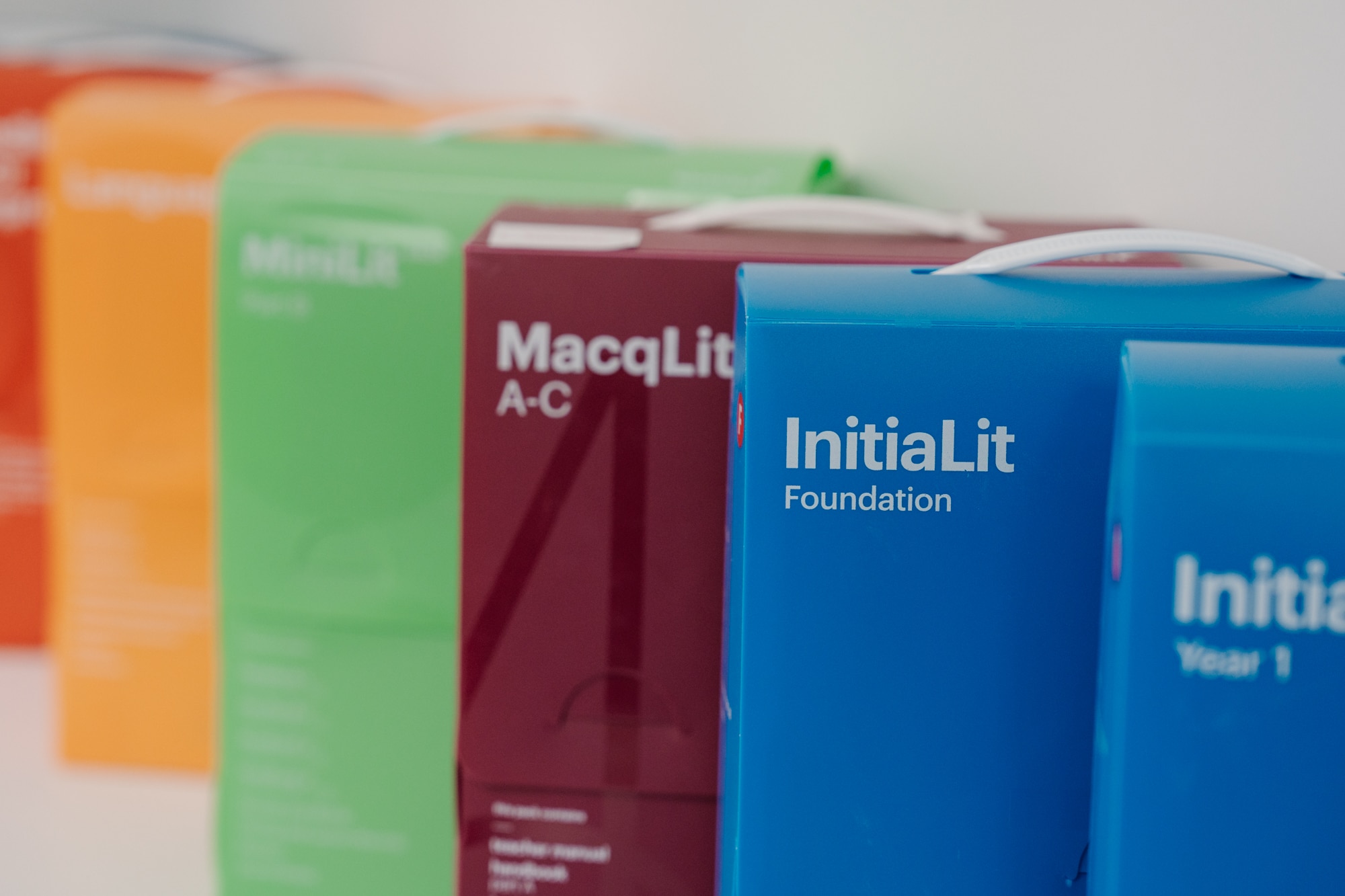When considering adopting a new literacy program for your school, evaluating the research underpinning these programs is really important.
While independent program evaluations are considered the ‘gold standard’, this type of research is very costly and time-intensive, so opportunities to be involved in such evaluations can be rare. However, all programs developed by MultiLit progress through a robust multi-stage research pipeline, which incorporates both pre- and post-publication stages.

From the outset, a theoretical rationale is developed, which results in some very early ideas about what a program based on sound and up-to-date empirical research could look like.
Over the course of refining these ideas into a fully-fledged published product, the MultiLit Research Unit (MRU) – a team of PhD-qualified researchers – trials the program according to different stages. Stages 1 to 3 are informal stages providing qualitative and quantitative data to inform program development, with results from Stage 3 trialling published in each program’s manual and accessible via the MultiLit website (e.g., InitiaLit–2 Extended Program Trial Summary).
Stage 4 is the formal research stage, which the MRU conducts with institutional (i.e., university) ethics clearance. In advance of conducting these kinds of trials, the MRU have started publishing protocols to outline what the specific questions and methods will be (e.g., Efficacy of a Tier 2 reading intervention program (MiniLit Sage) with young struggling readers).
Finally, Stage 5 trials are independent evaluations conducted by teams external to MultiLit. MultiLit welcomes these trials, but they are not easily or frequently done. An example of a Stage 5 trial is the independent evaluation of the original MiniLit program which was conducted by the Melbourne Graduate School of Education at the University of Melbourne, and the Murdoch Children’s Research Institute in 2017 (MiniLit Evaluation 2017).
MultiLit acknowledges that independent evaluation represents the ideal scenario (as evidenced by the fact that it is explicitly included as a stage in our research pipeline), but the extensive trialling and research we do is a step in the right direction. Our trial methods are robust and transparent, and if you have any questions or concerns regarding our research, please reach out to the MultiLit Research Unit via [email protected].
You can read more about standards of research evidence in this Nomanis article.